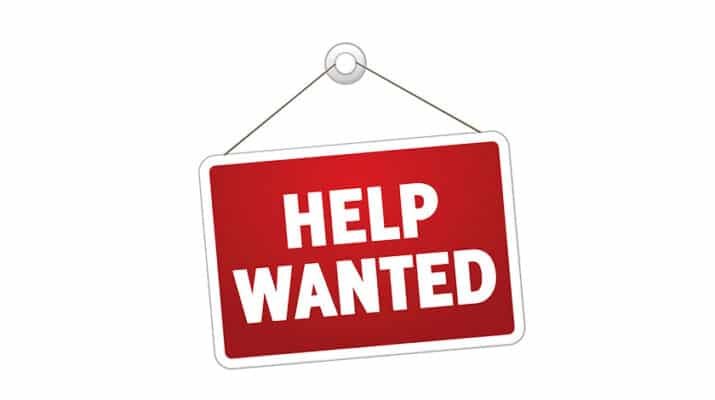The profession has seen drastic changes in recent years
By Deborah Jeanne Sergeant
As with physical healthcare providers, America is facing a crisis-level shortage of mental healthcare providers.
The U.S. has 30 psychologists per 100,000 people and 15.6 psychiatrists per 100,000. More than 115 million people live in designated shortage areas where the ratio of mental healthcare provider to resident is lower than 1 per 30,000 people, according to www.goodtherapy.org.
As the stressors of the pandemic have raised the need for mental healthcare, the problem has worsened.
While expanding insurance coverage to include telehealth visits has helped, it cannot solve the dearth of providers.
“We absolutely do not have enough at this time,” said. Anna Shurmantz, licensed clinical social worker and owner of Shurmantz Counseling, PC, in Cheektowaga. “Part of the reason is the demand for services has exploded. We have a wait list. Every place I know has a wait list. Even agencies that historically have never had a wait list.”
Part of the reason is that many providers had to discontinue offering care at the beginning of the pandemic until they could start meeting remotely through secure platforms and ensure their patients would receive insurance coverage.
That created a backlog. The stressors of the pandemic also exacerbated any existing mental health issues, enflamed any tendency towards issues like anxiety and depression, and contributed to completely new cases.
“We’re social animals,” Shurmantz said. “We’re designed to be in contact with other people. When we’re not accessing that social experience, we don’t do well.”
The loss of work, school, schedule and routine causes more stress when the normal coping mechanisms are removed, such as connecting with friends or going on outings.
“It is very likely, because the media has been positive and encouraging during the pandemic, there are more people not only more open to joining mental health treatment but also there’s the option now to do so from the comfort of your own home which could also create an influx of patients,” said Brittany Bennet, licensed mental health counselor and owner of Bridge over Troubled Water, PLLC, in Towanda.
While she is glad that more people feel open to seeking help, it is stretching resources even thinner as more people are seeking care who in the past could not surmount barriers to care such as distance, transportation, childcare or stigma.
“Mental health has been destigmatized, but it means more people are accessing mental health providers, especially in the past year with the pandemic and racial injustice coming to the forefront,” said Amy Cross-Viola, licensed clinical social worker in private practice and adjunct professor at University at Buffalo.
The aging Baby Boomer generation is decreasing the pool of therapists faster than they are being replaced by new therapists according to www.goodtherapy.org.
Cross-Viola thinks that the low remuneration for master’s trained providers may be one reason that new professionals abandon the field. She said that graduates work for clinics instead of opening a more profitable private practice to gain experience so that insurers will pay for sessions.
Shawn Marie Cichowski, a provider with AbleTo, a virtual behavioral health provider headquartered in New York City and a certified life coach and owner of Western New York Life Coaching in Williamsville, would like to see more collaboration to help connect people with therapists to avoid waiting lists.
“We need to be putting the services together,” she said. “I’m a behavioral coach and I collaborate with therapists. Having more integrative, collaborative team support would help. There needs to be a bridge and a connection to put it all together.”

